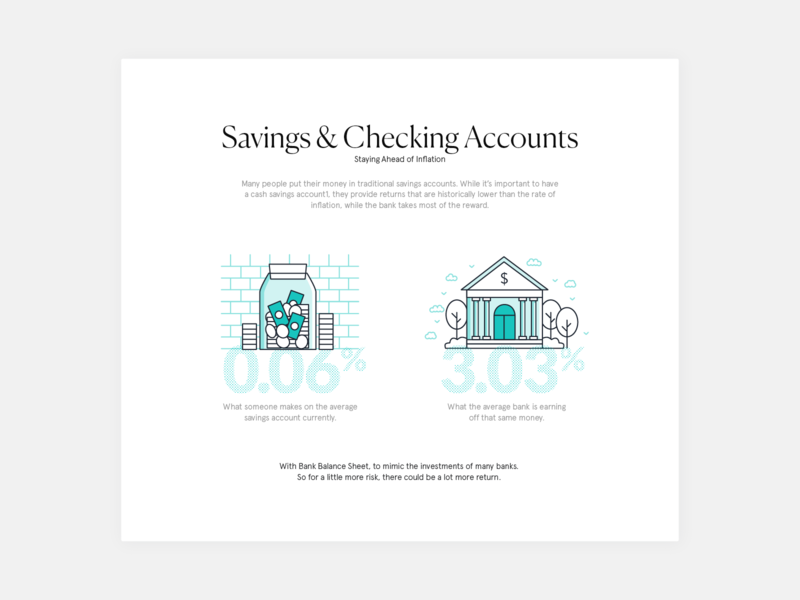The Financial Influence Of Defaulting On An Efficiency Bond
The Financial Influence Of Defaulting On An Efficiency Bond
Blog Article
Composed By-
When a surety issues an efficiency bond, it guarantees that the principal (the party that acquires the bond) will certainly satisfy their obligations under the bond's terms. If the major falls short to meet these commitments and defaults on the bond, the surety is in charge of covering any kind of losses or problems that result.
1. Loss of online reputation: Defaulting on an efficiency bond can harm the principal's reputation and reputation, making it more difficult to protect future organization or funding.
2. Legal and administrative expenses: The guaranty might need to pay legal and management expenses connected with seeking the principal for problems or trying to correct the circumstance.
3. https://www.forbes.com/advisor/business-insurance/handyman-insurance/ : The surety may need to cover the cost of finishing the task or offering the services that the principal fell short to supply. This can result in considerable monetary losses for the surety.
4. Raised premiums: If the principal has a background of back-pedaling efficiency bonds, they may be needed to pay higher costs in the future to obtain the essential bonding.
Generally, defaulting on a performance bond can have severe monetary repercussions for both the principal and the surety. It's important for principals to carefully consider their commitments and guarantee they have the ability to satisfy the regards to the bond to prevent these unfavorable end results.
Back-pedaling a performance bond can be an expensive mistake for companies. When you fail to fulfill the bond's responsibilities, the economic consequences can be considerable. From paying the full bond amount to potential legal battles and harmed partnerships, the repercussions can reverberate throughout your company operations. Understanding the detailed web of economic influences that back-pedaling a performance bond can have is vital for protecting your firm's monetary wellness and credibility.
Financial Penalties for Defaulting
If you back-pedal a performance bond, you'll likely deal with substantial financial penalties. These charges can vary relying on the terms of the bond agreement but frequently entail paying the bond quantity in full to the obligee. This implies that if you fail to accomplish your legal obligations, you must pay the bond amount to the task proprietor or the entity that called for the bond.
Furthermore, you may likewise be accountable for any kind of additional costs incurred by the obligee because of your default, such as locating a substitute specialist or covering project delays.
Defaulting on an efficiency bond can also lead to lawful costs and court costs if the obligee chooses to take lawsuit against you to recover the bond quantity. These expenses can swiftly add up, further worsening the economic impact of your default. It's important to meticulously evaluate and comprehend the regards to the efficiency bond to stay clear of these severe financial penalties.
Impact on Organization Cash Flow
Defaulting on a performance bond can significantly influence your organization cash flow, influencing economic security and operational abilities. When you default on a performance bond, you take the chance of shedding the bond quantity, which can be a considerable amount. This loss directly influences your cash flow, as you'll need to find alternate resources of moneying to cover the bond amount. Furthermore, skipping can bring about enhanced scrutiny from guaranties, making it tougher and a lot more costly to safeguard bonds in the future. This can additionally stress your capital as you may need to allot added resources to meet bonding needs.
The influence on your capital doesn't quit there. suerty bond on an efficiency bond can also lead to task hold-ups or cancellations, causing a loss of income. Furthermore, the unfavorable track record that features failing can deter possible clients, further minimizing your capital. On the whole, defaulting on an efficiency bond can have detrimental impacts on your organization's financial health and capability to run smoothly.
Legal Ramifications and Lawsuits
Encountering lawful ramifications and prospective lawsuits as a result of back-pedaling a performance bond can dramatically affect your organization's credibility and monetary standing. When you back-pedal a performance bond, the surety firm may take lawsuit to recover the bond quantity paid out. This can result in expensive legal fees, court expenses, and prospective negotiations or judgments versus your company.
Furthermore, back-pedaling an efficiency bond may cause harmed partnerships with clients, subcontractors, and distributors, affecting your ability to secure future contracts. Lawsuits occurring from bond defaults can taint your company's trustworthiness in the sector, making it testing to draw in brand-new companions or customers.
Additionally, if the default causes a court judgment versus your service, it might cause property seizure or liens, further stressing your financial security. As a result, it's important to recognize the lawful effects of back-pedaling a performance bond and take proactive actions to reduce the risks included.
Conclusion
As you face the consequences of defaulting on an efficiency bond, remember this: it's like walking a tightrope without a safeguard. One wrong relocation can send you plunging into a financial freefall, with no method to quit the fall.
The financial penalties, cash flow effect, and legal implications are all waiting to capture you if you mistake. So walk very carefully, and constantly honor your dedications to stay clear of the harsh effects of default.
